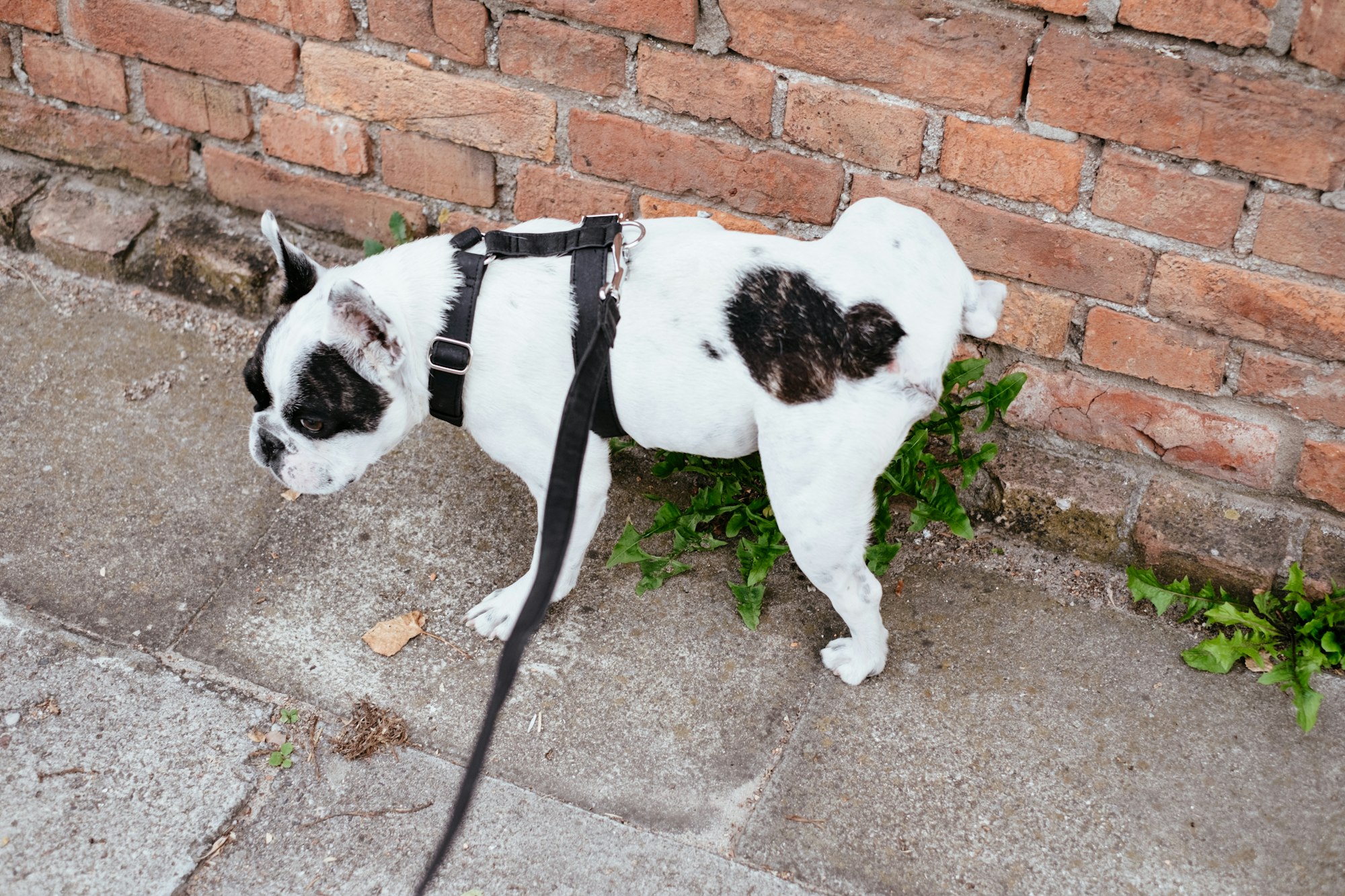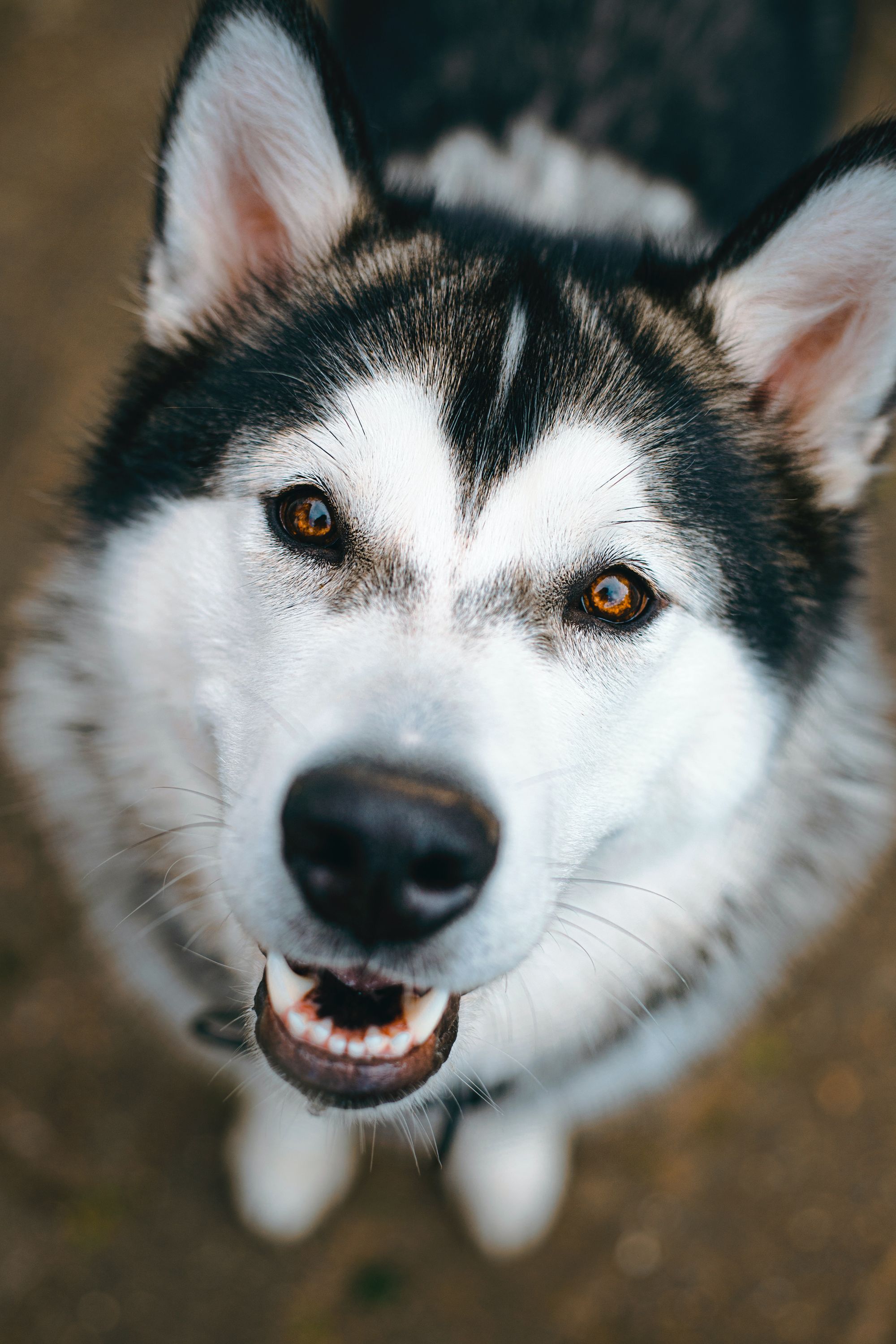If you have a puppy that is urinating frequently, you may be wondering why this is happening and if it is a cause for concern. Excessive urination in puppies can be attributed to various factors, and understanding these reasons is crucial in addressing the issue. Let's explore the causes of excessive urination in puppies, the normal urination frequency for puppies, and how to determine if the excessive urination is a problem.

We will discuss common health issues that can lead to excessive urination, such as urinary tract infections (UTIs), diabetes, kidney disease, and hormonal imbalances. If you notice that your puppy is urinating excessively, it is important to take steps to monitor their water intake, keep track of urination frequency, and consult a veterinarian if necessary. By understanding the reasons behind your puppy's excessive urination and taking appropriate measures, you can ensure their health and well-being.
Key takeaways:
- Excessive urination in puppies can be caused by various health issues such as urinary tract infections, diabetes, kidney disease, and hormonal imbalances.
- Monitoring water intake and tracking urination frequency are important steps to determine if your puppy's excessive urination is a problem.
- If your puppy is peeing excessively, it is crucial to consult a veterinarian to identify and address any underlying health issues.
Why is My Puppy Peeing a Lot?
Is your furry friend leaving a trail of accidents around the house? In this section, we uncover the mystery behind why your puppy is peeing a lot. We'll explore the potential reasons behind their excessive urination, shedding light on the possible causes that could be at play. Get ready to uncover the facts, figures, and events that might be behind this little wet issue. Say goodbye to the mess and let's dive into the why!
Causes of Excessive Urination in Puppies
Excessive urination in puppies can be caused by various factors such as urinary tract infections, diabetes, kidney disease, and hormonal imbalances. These causes of excessive urination in puppies are important to be aware of. Puppies have smaller bladders and may need more frequent potty breaks, which is considered normal. If your puppy is experiencing difficult or painful urination, visible blood in the urine, or a significant increase in urination, it may be a sign of a problem.
Common health issues that can cause excessive urination include urinary tract infections, diabetes, kidney disease, and hormonal imbalances. If you notice excessive urination in your puppy, it's important to monitor their water intake, track urination frequency, and consult a veterinarian. Fun fact: Puppies have a bladder capacity of about one hour for every month of age.
Is Excessive Urination Normal in Puppies?
Excessive urination can be considered normal in puppies due to their small bladder capacity and rapid growth. It's important to monitor if there are any additional symptoms such as frequent thirst or accidents at night. If these symptoms are present, it is recommended to consult a veterinarian as they could indicate a urinary tract infection or other health issues. Providing regular potty breaks, consistent house training, and access to fresh water can help manage excessive urination in puppies.
What is Considered Normal Urination Frequency for Puppies?
Puppies have smaller bladders and may urinate more frequently compared to adult dogs. The normal urination frequency for puppies depends on their age. Younger puppies need to relieve themselves more often, typically every 1-2 hours. As they grow older, their bladder capacity increases, allowing them to hold their urine for longer periods. It's important to monitor their urination habits to ensure they are not urinating excessively, which could indicate a health issue. If you notice your puppy urinating more often than normal or experiencing any difficulty or pain while urinating, it's best to consult a veterinarian.
Ensure Your Puppy's Safety with the Fi Dog Collar
As you monitor your puppy's health, especially if they are experiencing excessive urination, don't forget about their overall safety and well-being. The Fi Dog Collar is an essential tool that goes beyond typical collars by offering advanced GPS tracking and activity monitoring. This means you can keep an eye on your puppy's location and movements, ensuring they are safe and secure, even when you're not around.
The collar's geofence feature alerts you instantly if your puppy strays from designated safe zones, giving you peace of mind as you address their health needs. Equip your puppy with the Fi Dog Collar today, and take a proactive step towards their safety and your peace of mind.
How to Determine if the Excessive Urination is a Problem?
Excessive urination in puppies can be concerning, but how do you know if it's a problem? Let's dig into the signs to look out for in order to determine if your furry friend's frequent trips to the bathroom are normal or if there may be an underlying issue. From unusual behavior to changes in appetite, we'll explore the key indicators that will help you assess if your puppy's excessive urination warrants further attention. Time to decipher the signals and keep your pup's health in check!
Signs to Look Out For
When dealing with excessive urination in puppies, it is crucial to be aware of signs to look out for that may indicate a problem. These signs include difficult or painful urination, visible blood in the urine, and increased frequency of urination. If you observe any of these signs, it is important to consult a veterinarian for further evaluation and diagnosis. Early detection of any underlying health issues such as urinary tract infections, diabetes, kidney disease, or hormonal imbalances can help in providing timely treatment and ensuring the well-being of your puppy.
Common Health Issues That Cause Excessive Urination in Puppies
Excessive peeing in puppies isn't always just a matter of a tiny bladder. There are common health issues that can lead to this behavior. In this section, we'll dive into these causes and shed some light on why your furry friend may be peeing more than usual. From urinary tract infections to diabetes, kidney disease, and hormonal imbalances, we'll uncover the potential culprits behind excessive urination in puppies. So, let's get to the bottom of this pee mystery and help your pup feel better!

1. Urinary Tract Infection
A urinary tract infection (UTI) is a common health issue that can cause puppies to have excessive urination. It occurs when bacteria enter and infect the urinary tract, specifically the bladder or urethra. If a puppy is experiencing symptoms of a UTI, such as frequent urination, difficulty or pain while urinating, and the presence of blood in the urine, it is important to take immediate action. To effectively treat the urinary tract infection, it is crucial to monitor the puppy's water intake, keep track of how often they urinate, and seek guidance from a veterinarian.
2. Diabetes
Diabetes is one of the common health issues that can cause excessive urination in puppies. It is crucial for puppy owners to be aware of the symptoms and take appropriate steps if their puppy is experiencing frequent urination due to diabetes. Some signs to look out for include increased urination, difficulty or pain during urination, and the presence of blood in the urine. If you suspect that your puppy may have diabetes, it is highly recommended to monitor their water intake and urination frequency, and consult a veterinarian for proper diagnosis and treatment. Early detection and management of diabetes can significantly contribute to the well-being of your puppy.
3. Kidney Disease
Kidney disease is a common cause of excessive urination in puppies. It occurs when the kidneys are unable to filter waste products properly, leading to increased urine production. Symptoms of kidney disease in puppies include excessive thirst, frequent urination, and weight loss. If you suspect your puppy may have kidney disease, it is essential to consult a veterinarian for proper diagnosis and treatment. Treatment options may include medication, dietary changes, and fluid therapy. Ensuring your puppy has access to fresh water at all times and sticking to a balanced diet can help prevent kidney disease.
Some suggestions for managing kidney disease in puppies include:
- Follow your veterinarian's recommended treatment plan.
- Provide plenty of fresh water to keep your puppy hydrated.
- Feed a specially formulated kidney-friendly diet.
- Monitor your puppy's urine output and report any changes to your veterinarian.
- Regular veterinary check-ups to monitor your puppy's kidney function.
4. Hormonal Imbalances
Hormonal imbalances can lead to excessive urination in puppies. These imbalances occur when there is a disruption in the production or regulation of hormones that control the body's water balance. Conditions such as hypothyroidism or Cushing's disease can cause hormonal imbalances. Symptoms of hormonal imbalances may include increased thirst and urination, weight gain, and changes in the coat or skin. If your puppy is experiencing excessive urination, it is vital to consult a veterinarian who can diagnose and treat any underlying hormonal issues.
Steps to Take if Your Puppy is Peeing Excessively
If your adorable little pup is leaving puddles all over the place, it's time to take action! In this section, we'll explore practical steps to address excessive puppy peeing. From monitoring their water intake to keeping track of their urination frequency, we'll cover all the bases. And if things don't improve, don't fret – we've got you covered with expert advice from veterinarians. So, let's dive into these solutions and get your furry friend back on track!
1. Monitor Water Intake
Monitoring your puppy's water intake is crucial to ensure their well-being and maintain good health. It is essential in preventing dehydration and identifying any possible problems with excessive urination. Here are a few steps to effectively monitor the water intake of your puppy:
- Measure water accurately: Employ a designated measuring cup or bowl to precisely track the amount of water your puppy consumes.
- Observe behavioral changes: Pay close attention to the frequency and quantity of water your puppy drinks throughout the day.
- Take note of any variations: If your puppy suddenly starts consuming a significantly larger volume of water than usual, it might indicate an underlying health issue.
- Seek advice from a veterinarian: If you notice any substantial changes in your puppy's water intake, it is best to consult a veterinarian for expert guidance and to exclude any potential health problems.
2. Keep Track of Urination Frequency
- Keep track of your puppy's urination frequency.
- Observe and note the number of times your puppy urinates in a day.
- Track any changes in frequency over time.
- Record any instances of excessive urination or accidents in the house.
- Note the volume of urine produced during each urination.
- Pay attention to any signs of discomfort or straining during urination.
- If you notice any significant deviations from normal urination patterns, consult with a veterinarian.
By keeping track of your puppy's urination frequency, you can detect any potential health issues early and ensure their well-being. Remember to consult a veterinarian for proper guidance and advice.
3. Consult a Veterinarian
When dealing with a puppy who is urinating excessively, it is crucial to consult a veterinarian. By seeking professional advice and consulting a veterinarian, you can properly assess the situation and determine whether the excessive urination is a cause for concern. Consulting a veterinarian is of utmost importance in identifying any underlying health issues that may be contributing to the problem, such as urinary tract infections, diabetes, kidney disease, or hormonal imbalances. It is crucial to consult a veterinarian in order to ensure the well-being of your puppy and promptly address any potential health issues they may be facing.
Frequently Asked Questions
- Why is my puppy peeing a lot?
- Puppies naturally have small bladders and need to urinate frequently. They may need to go outside every 10 to 30 minutes after filling their bladder. However, excessive urination could be a sign of an underlying health problem or behavioral issue.
- What can cause frequent urination in puppies?
- There are several factors that can contribute to frequent urination in puppies. Medical problems such as urinary tract infections, kidney problems, or diabetes can cause them to urinate more often. Behavioral reasons such as separation anxiety or attention-seeking behavior can also contribute to frequent urination.
- How often should I take my puppy outside to pee?
A general rule is that a puppy can hold their bladder for the same number of hours as their age in months. However, the size of the dog and their bladder control also play a role. Puppies under 6 months old may need to be taken out every hour or two, while older puppies can generally wait longer between trips outside.
- What are the signs of a urinary tract infection in puppies?
- Signs of a urinary tract infection in puppies can include frequent urination, straining or crying while urinating, blood visible in the urine, or an abnormal amount of urine. If you notice any of these symptoms, it is important to consult a veterinarian for an accurate diagnosis and appropriate treatment.
- Why does my puppy pee every time we go outside?
- If your puppy consistently pees every time you go outside, it could be a sign of excitement-induced urination. This is more common in young puppies and is often a submissive behavior. It can also be related to their toilet training progress and bladder control development.
- When should I be concerned about my puppy's excessive drinking and urinating?
- If your puppy is drinking excessively and urinating more than usual, it could be a sign of an underlying health problem such as diabetes, kidney infection, or bladder stones. It is important to monitor their hydration status and consult a veterinarian if you suspect an underlying issue.

